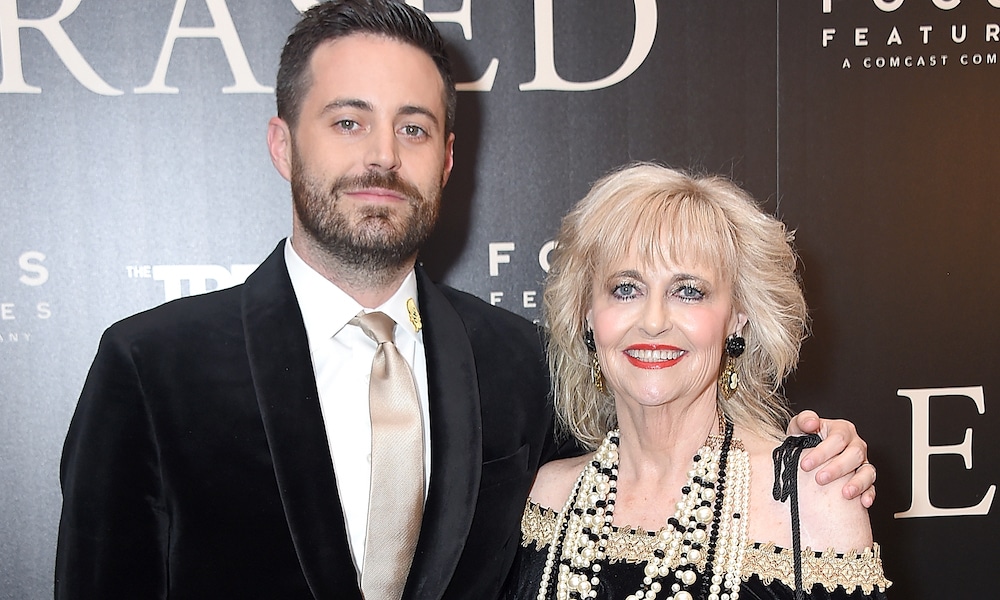The author of Boy Erased talks the nature of conversion therapy, a practice that attempts to change an individual's sexual orientation or gender identity.
Conversion therapy, also known as reparative therapy or sexual orientation change efforts (SOCE), is a pseudoscientific practice that has been widely discredited by major medical and mental health organizations. It is based on the false premise that homosexuality is a mental illness that can be "cured." There is no credible evidence to support this claim, and conversion therapy has been shown to be harmful to LGBTQ+ people.
The author of Boy Erased, Garrard Conley, underwent conversion therapy as a teenager. In his book, he talks about the devastating effects that it had on him. He experienced depression, anxiety, and suicidal thoughts. He also lost his faith in God and felt like he was a failure. Conley's story is a powerful reminder of the dangers of conversion therapy.
Conversion therapy is a serious issue that needs to be addressed. It is important to raise awareness of the dangers of conversion therapy and to work to end this harmful practice.
Introduction: Highlighting the importance of the key aspects.Key Aspects: List key aspects with brief descriptions.Discussion: Detailed discussion on the key aspects, through examples, connections, or linkage to the main topic.Explore the connection between "{point}" and "the author of boy erased talks the nature of conversion therapy" for content details list. Never use first and second-person pronouns and AI-style formalities. -->FAQs on Conversion Therapy
Conversion therapy, also known as reparative therapy or sexual orientation change efforts (SOCE), is a pseudoscientific practice that attempts to change an individual's sexual orientation or gender identity. It is based on the false premise that homosexuality is a mental illness that can be "cured." There is no credible evidence to support this claim, and conversion therapy has been shown to be harmful to LGBTQ+ people.
Question 1: Is conversion therapy effective?
No, conversion therapy is not effective. There is no credible evidence to support the claim that it can change an individual's sexual orientation or gender identity. In fact, conversion therapy has been shown to be harmful to LGBTQ+ people, leading to depression, anxiety, and suicidal thoughts.
Question 2: Is conversion therapy legal?
The legality of conversion therapy varies from country to country. In some countries, it is illegal to practice conversion therapy on minors. In other countries, there are no laws against conversion therapy. However, the World Health Organization (WHO) has condemned conversion therapy as a violation of human rights.
Summary of key takeaways or final thought:
Conversion therapy is a harmful and ineffective practice that has no place in a civilized society. It is important to raise awareness of the dangers of conversion therapy and to work to end this harmful practice.
Conclusion
Conversion therapy is a harmful and discredited practice that has no place in our society. It is important to raise awareness of the dangers of conversion therapy and to work to end this harmful practice.
The author of Boy Erased, Garrard Conley, is a survivor of conversion therapy. He has spoken out about the devastating effects that it had on him. His story is a powerful reminder of the dangers of conversion therapy and the importance of working to end this harmful practice.
- Elizabeth Soukhotine A Legacy Of Artistic Excellence
- The Profound Meaning Behind All Tomorrows Parties

